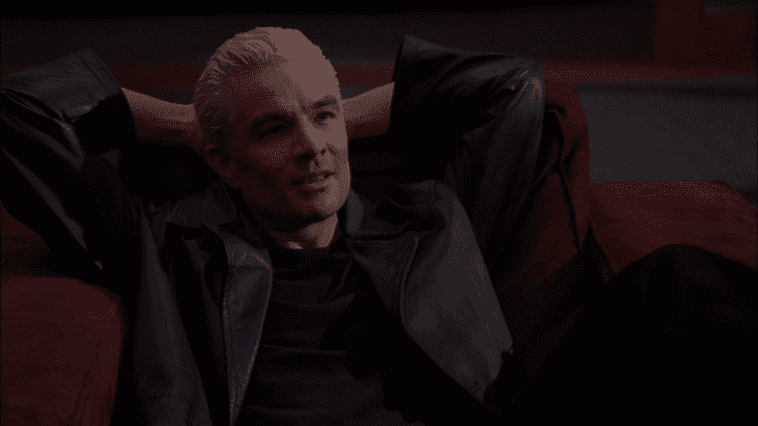Punk. Poet. Murderer. Hero. Few characters have ever been as engaging as Spike, the fan-favorite peroxide-blond vampire who first graced our screens in Buffy the Vampire Slayer’s second season, and stayed right up until the final scene of spin-off show Angel. The essence of the character is that he always follows his heart. He lives his (un)life to the fullest, refusing to blindly adhere to traditions or expectations, and this is a large part of what makes him so appealing.
Most of the vampires we meet in Buffy Season 1 are loyal to the Master. They’re always performing rituals, they offer their lives as penance when they mess up, they observe important dates on the vampire calendar, and they uphold a clear power structure. After the Master dies, they still maintain this order, simply planning to replace the Master with someone else. At this point, the Anointed One, a slightly irritating child vampire, is nominally in charge.
This is the situation Spike and Drusilla walk into in “School Hard.” The vampires plan to attack Buffy on the Feast of Saint Vigeous, a sort of vampire holiday, but Spike gets impatient and goes after her earlier. He fails to kill her and is blamed for ruining the holiday celebrations for everyone. In a joyous and cathartic moment, Spike responds by shoving “the Annoying One” into a cage, hoisting him up into the sunlight to kill him, and declaring, “From now on, we’re going to have a little less ritual, and little more fun around here.”
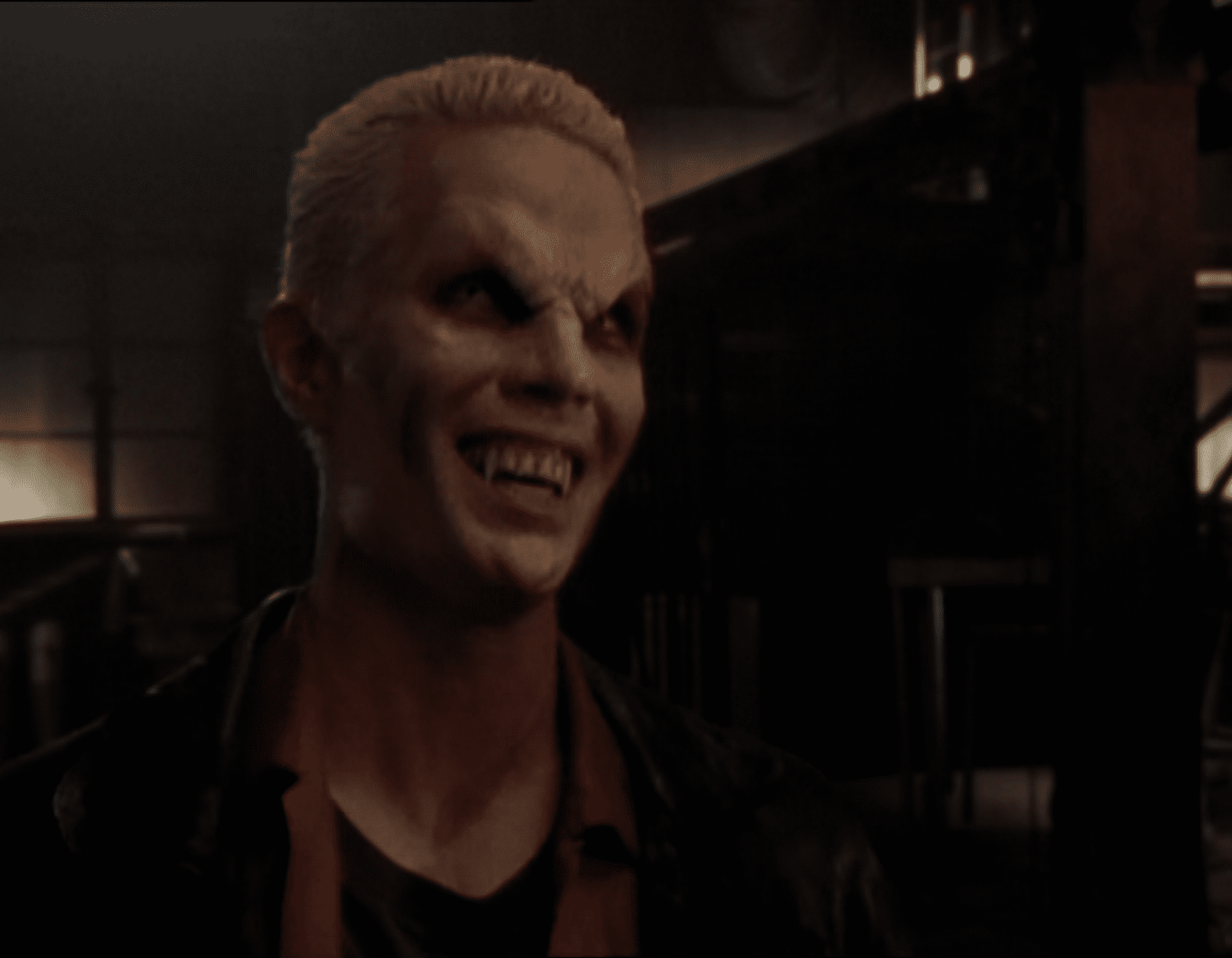
This wouldn’t be the last time Spike would go against the consensus of his vampire buddies. At the end of Season 2, in “Becoming: Part 2” Spike allies with Buffy for the first time to stop Angel and Dru from ending the world. Spike may be evil, but he knows he’s got a good thing going here, and he’s willing to fight against his own kind, including his girlfriend, to keep it. His point of view makes a lot of sense. What’s the value in destroying the world, other than in an attempt to prove something to other demons?
The truth is, I like this world. You’ve got dog racing, Manchester United, and you’ve got people. Billions of people walking around like Happy Meals with legs. It’s alright here.
Spike is intensely passionate, and sees the value of raw, primal emotions. Where Angel is restrained and deliberate, Spike is impulsive and spontaneous. In a flashback in “Fool for Love,” not long after Spike becomes a vampire, Angel and Darla admonish him for getting into too many fights and drawing unwanted attention to their group. Spike refuses to restrain himself when he enjoys the adrenaline of the fight so much.
This attitude crops up again in the memorable cavemen versus astronauts debate, from the Angel episode “A Hole in the World.” Spike and Angel get into a heated argument over who would win in a fight: cavemen or astronauts. Spike is on the side of the cavemen, citing their primal savagery and brutal animal instincts, while Angel insists that the human race has evolved enough to give the astronauts the advantage.
The question sheds light on two fundamentally different ways of looking at humanity, one embodied by Spike throughout the series, and one by Angel. The debate, and the constant tension between the two vampires, asks the viewer to decide which is more human—trying to suppress your primal instincts and emotions like Angel does, or trying to reconnect with them like Spike.
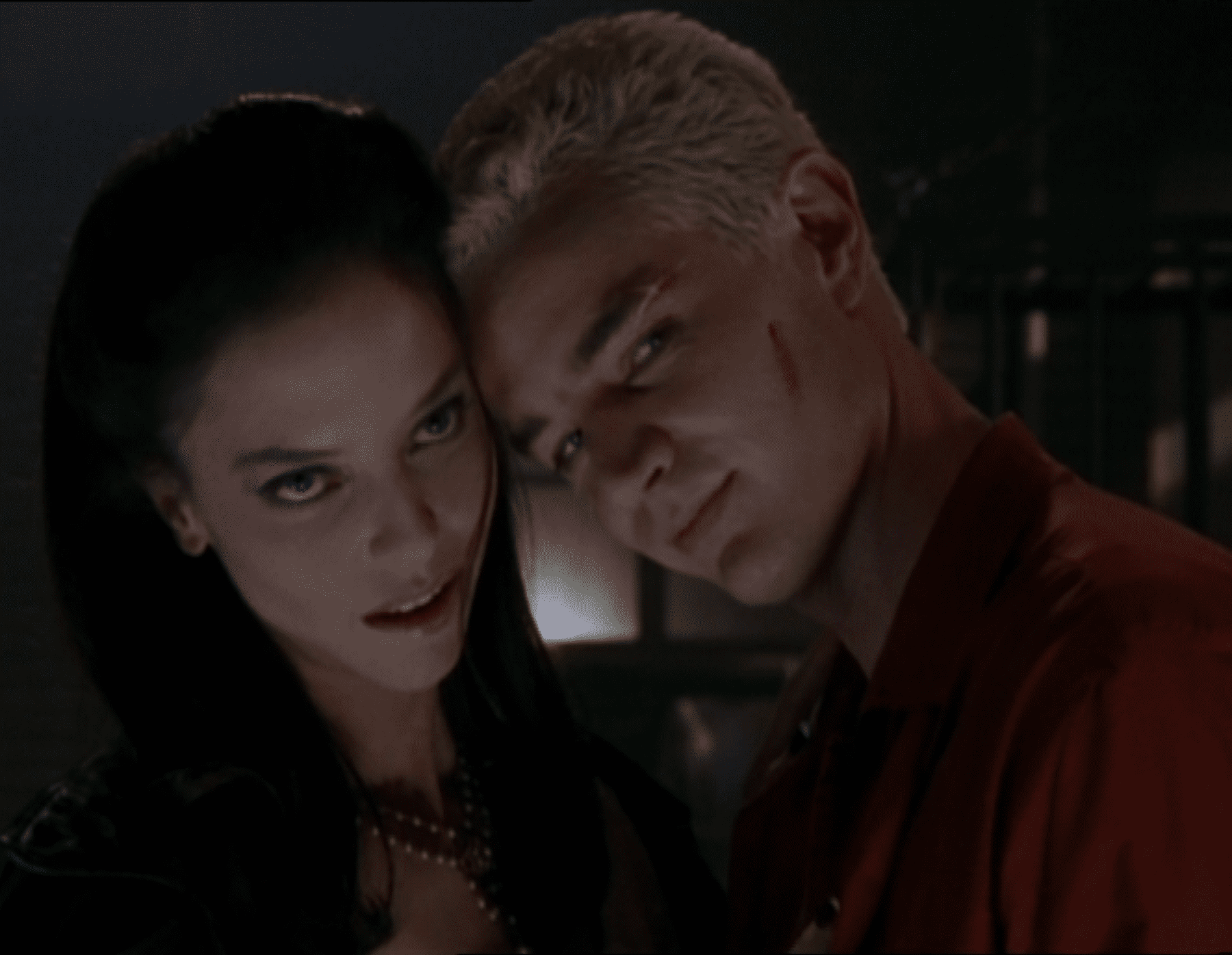
Spike’s passionate nature leads him to fall hard when he falls in love, and to throw himself into it with all his heart. For over a century he was head over heels for Dru, despite going behind her back to stop her from ending the world. When we first meet the couple, Dru is in a weakened state, and Spike is very nurturing towards her. He may be a soulless vampire, but he’s also deeply in love. Dru is clearly his priority.
When Dru breaks up with him, Spike is absolutely devastated, as seen in “Lovers Walk.” He returns to Sunnydale a drunken mess, insists that Willow perform a love spell on Dru, and laments his woes to Joyce over a mug of hot chocolate. Spike tries to explain to Buffy and Angel that love is both powerful and necessary, while they’re in denial about the extent of their own feelings.
Love isn’t brains, children, it’s blood. Blood screaming inside you to work its will. I may be love’s bitch, but at least I’m man enough to admit it.
Spike continues to follow his heart, even when he falls in love with Buffy. Despite being a vampire, and still evil at the time, Spike knows he can’t control his love for the slayer. He instead embraces it, even going so far as to help her in the fight against evil. Eventually, he makes the unprecedented choice to get his soul back (unlike Angel, who had his forced on him), in an effort to become someone worthy of Buffy—and to ensure he won’t hurt her again.
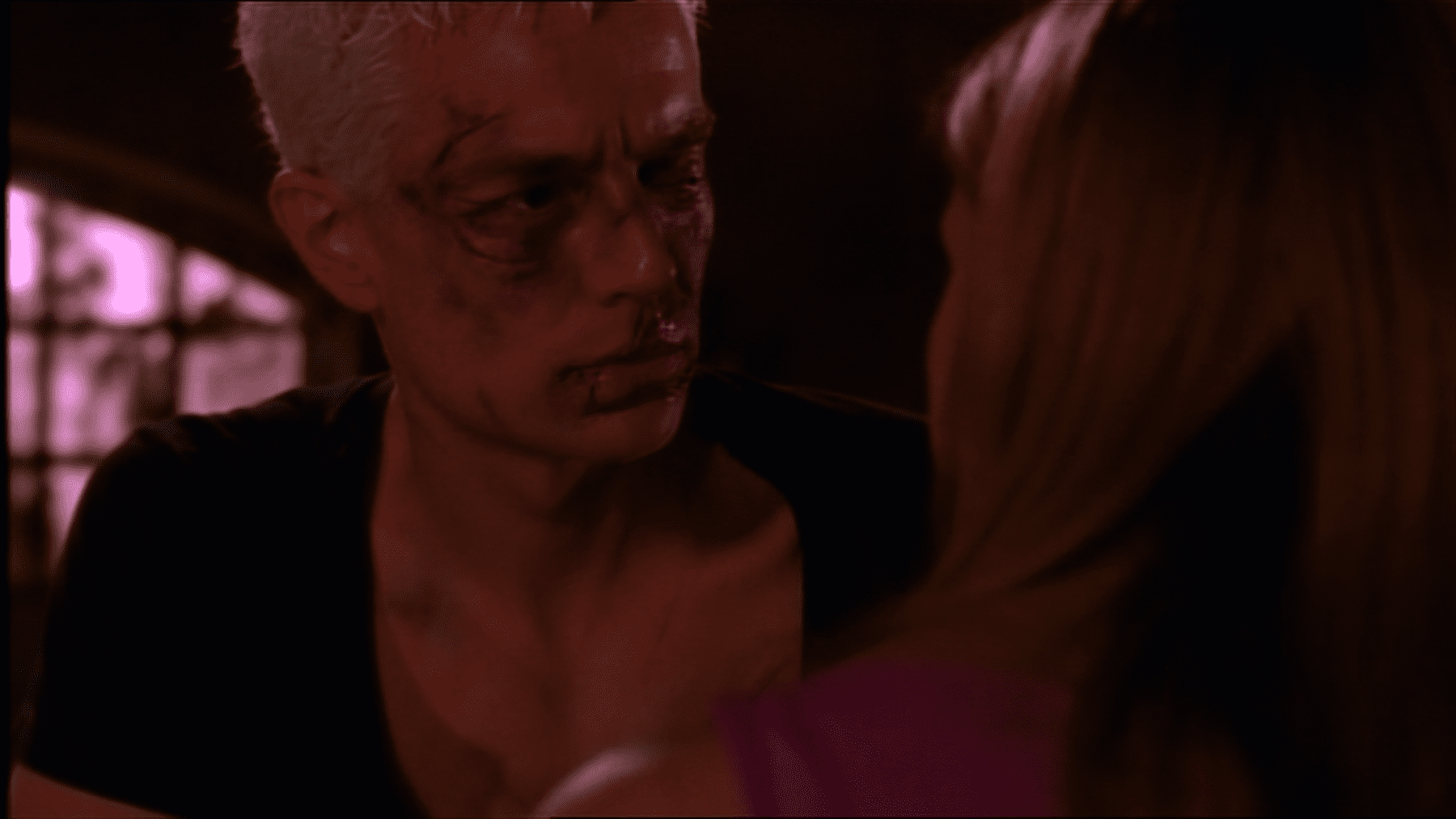
It’s not just romantic love that Spike prioritizes. In “Lies My Parents Told Me,” we see in flashbacks that Spike was thinking outside the vampire box right after being sired—he decided to turn his beloved mother into a vampire too, so that she could accompany him and Dru on their adventures. Dru’s incredulous reaction to this is priceless, while Spike’s mum’s reaction is a lot more disturbing. Ultimately neither of them understand Spike’s actions, but his motives are pure. The love he feels for his mum is strong enough to transcend his transformation into a vampire.
While Spike was always someone who felt things very deeply, he didn’t always have the confidence to act on those feelings. “Fool for Love” is the episode that really defines Spike’s character and his overall journey. Spike tells Buffy the story of several significant moments in his life, while Buffy struggles to deal with her mortality, and Spike struggles to deal with his feelings for Buffy. The episode is a lot of fun, giving us glorious glimpses of Spike at different points in time, but it’s also full of insights that can be extrapolated from the flashbacks.
We see Spike before he became a vampire, when he was a somewhat timid poet named William, living in Victorian London. He is not successful, either in poetry or in love, and he faces constant ridicule from his peers. William is, in many ways, a typical writer—he’s incredibly passionate, but he spends his time daydreaming and writing, and never manages to actually live out his fantasies.
However, when he meets Dru, he is transformed—not just from a human to a vampire, but, I would argue, from a writer to a character. In a very meta sense, this happens literally. William, the human, is a writer. Spike, the vampire, is a main character in a long-running TV show. I’d wager that what many writers—like myself—really want is not to be a writer, but to be a character, living a life full of adventure and passion. Instead, many of us settle for a life dedicated to writing and stories. Spike’s journey represents the desire of the writer to become one of their characters, the desire of the dreamer to become the doer, the desire of the shy to become the outspoken, and the desire of the cautious to become the fearless.
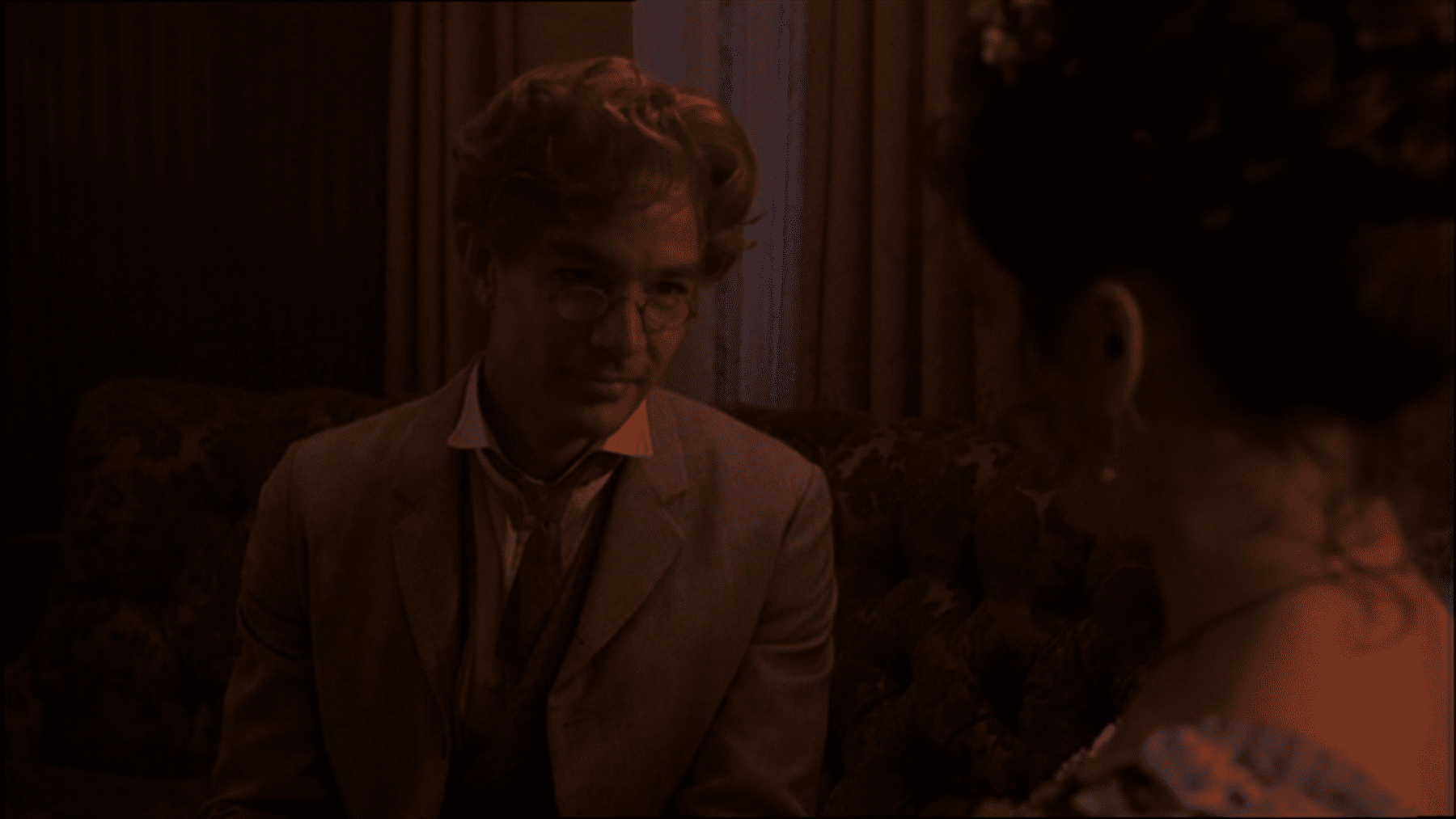
When we first see William, he’s at a party or gathering, but he’s sitting off on his own, writing poetry. He’s thinking about Cecily and the life he wishes he had, but he’s avoiding participating in his real life in the process. When Cecily enters the room, William goes and stands awkwardly near the group she’s in until they notice him, seemingly unable to initiate any interactions himself.
One of the guests asks William’s opinion on a recent spate of disappearances. He replies, “I prefer not to think of such dark, ugly business at all. That’s what the police are for. I prefer placing my energies into creating things of beauty.” William is not concerned with the real world, because he wants to live in fantasies and stories, not in reality. Incredulous, his companion snatches the poem that he was writing. Despite William’s protests, the man callously reads it out to the assembled crowd.
My heart expands,
‘Tis grown a bulge in’t,
Inspired by your beauty,
Effulgent.
Everyone laughs at William and makes fun of his poetry—especially his use of the word “effulgent.” Adding insult to injury, Cecily rejects him soon after this, claiming that he is beneath her. Devastated, William stumbles outside to a barn, where he encounters Drusilla. Dru, who is somewhat psychic, comments on William’s rich imagination, and his desire to live in fantastic worlds: “Your wealth lies […] in the spirit and imagination. You walk in worlds the others can’t begin to imagine.”
William is intrigued, but wary of Dru, until she utters the pivotal line, “I see what you want. Something glowing, and glistening. Something…effulgent.” The “something effulgent” that she offers him is his imaginary world made real, a world of passion and adventure, where his love is returned instead of unrequited, where he is understood and appreciated rather than ridiculed, and where he has the confidence to follow his heart rather than worry about what people think.
Getting killed made me feel alive for the very first time. I was through living by society’s rules. Decided to make a few of my own.
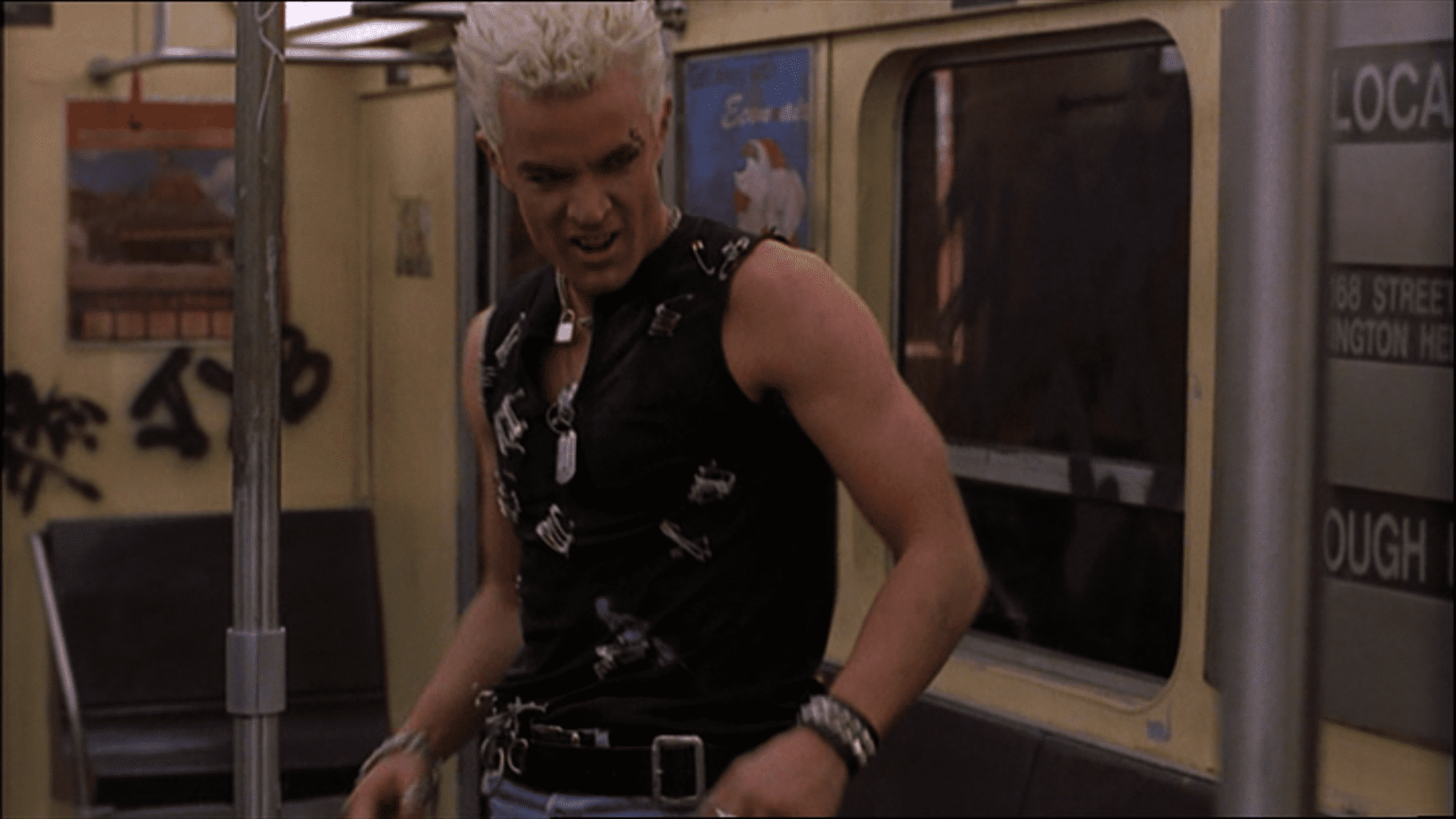
The vampire myth has been used to represent many things, even just in Buffy and Angel, but with Spike it’s used to represent self-actualization and confidence. Spike essentially has the same emotional core that he had as William, prioritizing passion above all else, but with the agency he gains as a vampire he can actually act on his feelings, rather than just daydreaming like William did. He’s able to finally become the person he was always meant to be (albeit with the unfortunate side effect of also becoming evil). He really does get to live in the world he imagined. Spike’s life is full of fighting, love, sex, drama, and excitement, where William’s life seemed to be largely devoid of action.
As far as we know, Spike leaves behind his habit of writing when he becomes a vampire, but the poems he wrote as a human and his anguish over being judged for them remain vitally important to him. In “Fool for Love” it’s implied that he got revenge on the partygoers who made fun of his poetry by torturing them with railroad spikes. In the Angel series finale, “Not Fade Away,” Spike spends what he believes to be the last day of his life building up the courage to recite the “effulgent” poem at a bar—which he finally does, to raucous applause. More than a century after writing the poem and having it read out at the party, he still cares enough about it to spend his last day seeking closure on the humiliation he faced.
For those of us who are writers or dreamers, it’s easy to fantasize that we could one day have a moment of transformation like Spike does. But in reality, is change always going to be more gradual, requiring a lot more time and work? Is it impossible to change to the extent that Spike does? Or can it really happen in one significant moment, like Spike becoming a vampire? If nothing else, Spike’s journey gives us something to relate to, and something to aspire to (again, putting aside the evil and murder).
Throughout the present-day sections of “Fool for Love,” Spike tries to convince Buffy that the reason he was able to kill two slayers is because they each had a death wish—and that she has one too. In an episode centered on Spike’s backstory, this says more about him than about Buffy. The vampire myth often combines our fascinations with sexuality and mortality, and Spike certainly conflates sex with death—especially since his death led to his relationship with Dru. When he preaches to Buffy about her wish to be killed by him, it’s his way of flirting with her.
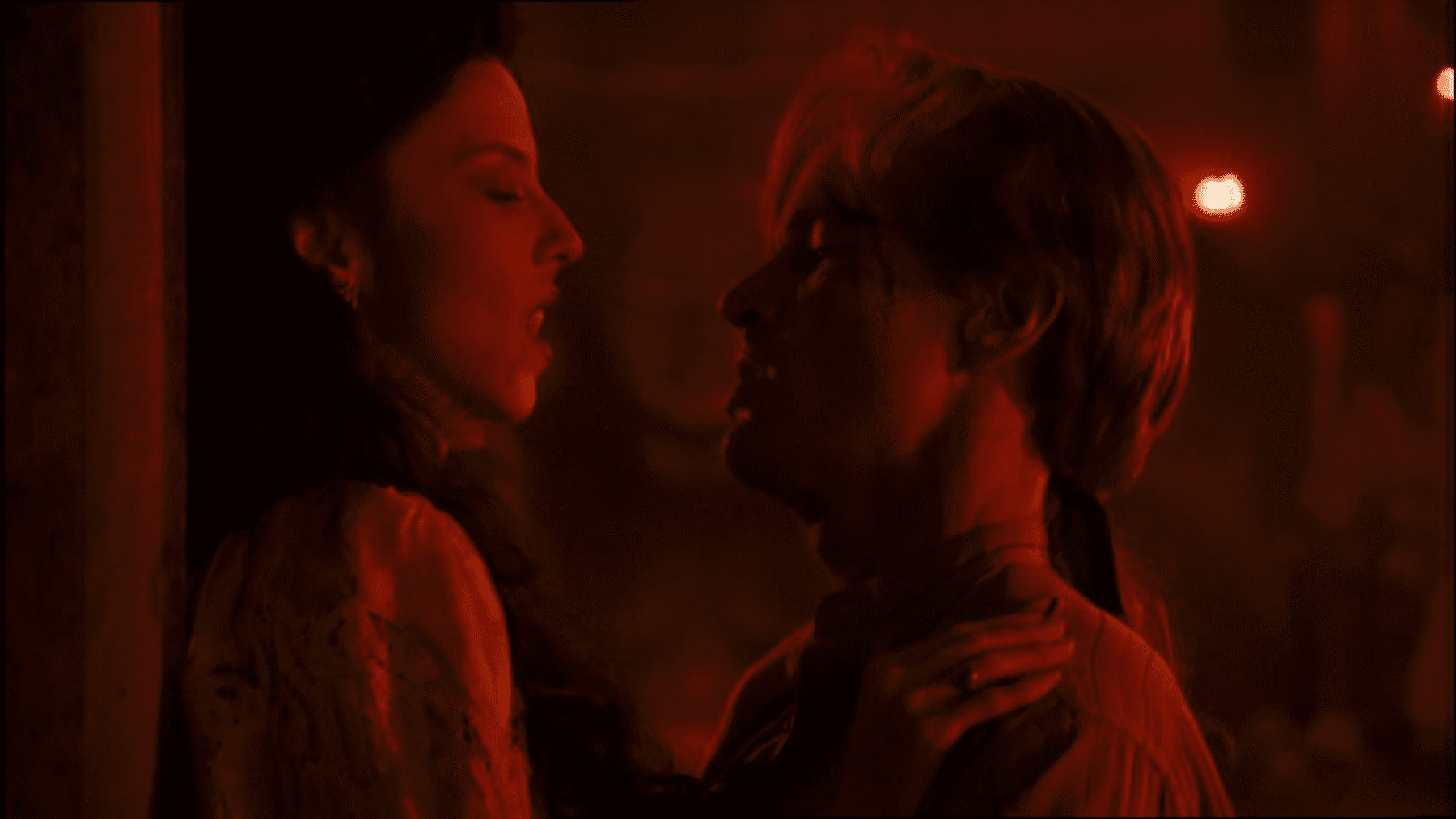
You could also say that Spike had a death wish when he was human—a wish to let go of who he was in life and be reborn as a vampire. He wants Buffy to be reborn too—to let go of other people’s judgments, of what she’s supposed to do, of her fear and hesitations, and of who she is now, so that she can be with him. Interestingly, this is essentially what happens. Buffy dies at the end of Season 5, is reborn in Season 6, changed, and, heavily influenced by this experience, she eventually does sleep with Spike.
The idea of death and rebirth fits perfectly with Spike’s transformation from dreamer to doer. As humans, we’re naturally scared of death and the unknown, just as we’re naturally scared of change, adventure, and transformation. We don’t want to leave behind everything we know, everything that feels safe—it feels like death. But that’s exactly what we have to do in order to grow.
Spike’s storyline is, in many ways, about overcoming his fear of what people think of him. This doesn’t mean that he no longer cares what people think, but that he’s able to rise above it. There are several instances where Spike clearly does still worry about other people’s opinions, but becoming a vampire has given him the courage to face those fears and push past them.
In “Lovers Walk,” Spike is initially destroyed by Dru’s rejection of him, but he eventually regains his self-esteem and decides to go back and confront her (and torture her until she likes him again). In “Crush,” he tells Buffy how he feels about her, despite knowing she’s unlikely to take it well. In “Lies My Parents Told Me,” Spike is still tormented by the cruel things his mum said to him when he turned her into a vampire, but at the time he still managed to kill her, and he does eventually process his trauma, realizing that she really did love him when she was alive.
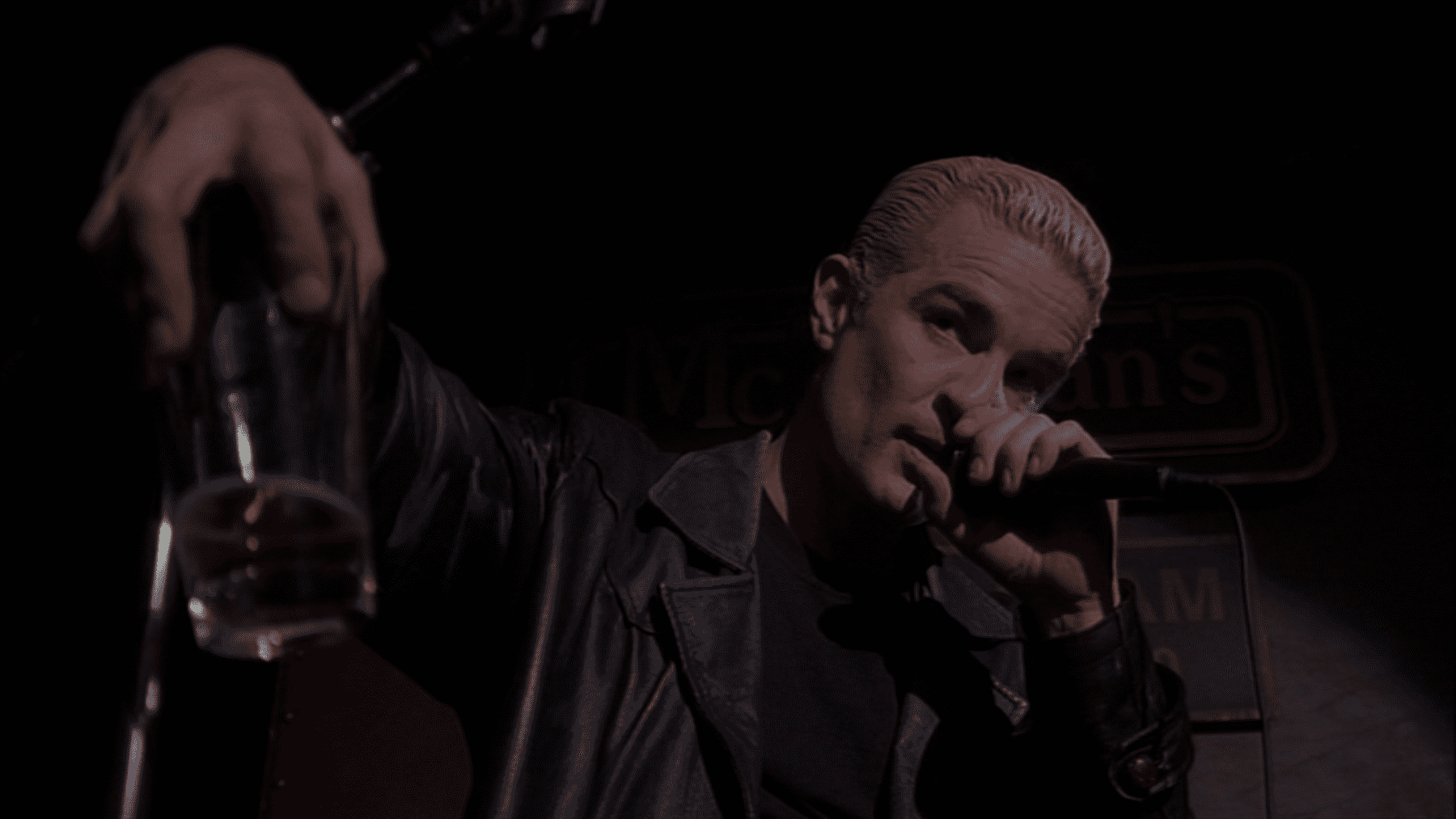
There’s also the fact that it takes Spike over a hundred years to face his fear of reciting his poetry to an audience in “Not Fade Away.” In “Fool for Love,” Spike is so devastated by Buffy’s insistence that he’s beneath her, echoing what Cecily once told him, that he grabs a gun and goes to her house intent on killing her. However, when he sees that she’s upset, he puts the gun down, and instead of killing her to save face, he offers her comfort, putting aside his dismay over being judged.
Over the course of Buffy’s run, Spike manages to be the show’s comic relief, one of its biggest villains, and one of its biggest heroes. He’s also one of the show’s most fascinating characters, and, in my opinion, one of the most relatable. This is an impressive feat. While Spike does evolve a great deal over the years, at his core he always remains true to his ideals, and there’s a lot that can be learned from this hugely enjoyable character.

